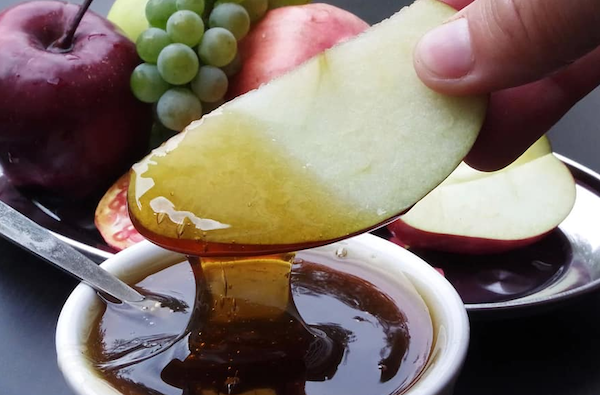(photo from pikist.com/free-photo-vqamg)
One of the many names of Rosh Hashanah, the Jewish New Year, is Yom Harat Olam, the birthday of the world. It is the day on which our tradition says the world was created.
Before we can begin to celebrate this “birthday,” however, something is required of us. During the month prior to Rosh Hashanah, we prepare ourselves spiritually for forgiveness and, in the 10 days between Rosh Hashanah and Yom Kippur, the Day of Atonement, we are meant to ask forgiveness of anyone we may have hurt during the year, even unintentionally. We are required to atone for wrongs between people, in contrast to the sins that arise between us and G-d. We cannot make a spiritual “return,” if we remain shackled with unresolved guilt and resentments.
More Jews attend synagogue on these two holidays than at any other time. Many of the prayers praise the mighty and wondrous works of the Creator, in keeping with the theme of “the birthday of the world.” We are to recognize that life itself is a Divine gift and has a sacred purpose.
According to our tradition, everything we do is recorded in the Book of Life. No deed, word, thought, good or evil, goes unrecorded. The record is supposedly kept in heaven. One belief accords this job to Elijah the prophet, keeper of the records of humanity’s deeds. On Rosh Hashanah, the Book of Life is examined, our acts in the preceding year weighed and judged. On this basis, it is decided “who shall live and who shall die … who shall be brought low and who shall be exalted.” For this reason, we wish for one another, “May you be inscribed for a good year.” We are taught that the only way to avert a severe decree is by “penitence, prayer and charity.”
According to Rabbi Kruspedai, in the name of Rabbi Yohanan, three books are opened on Rosh Hashanah – one for the wholly righteous, one for the wholly wicked and one for most of us, those in between. The wholly righteous are inscribed and sealed in the Book of Life, the wicked in the Book of Death and the rest of us are held suspended until Yom Kippur, when we are judged worthy or unworthy. The zodiacal symbol for the Hebrew month of Tishrei is, fittingly, a balance – the scales of justice.
Many people accompany all meals at this time with apples and honey. In addition to its other symbolism, the apple represents the Shechinah (Divine Presence), which kabbalists refer to as an apple orchard.
With the emphasis on creation at this time, it is customary to eat an apple dipped in honey on the first night of Rosh Hashanah, after the blessing on the wine and bread, and say: “Blessed art Thou, O Lord our G-d, King of the Universe, who created the fruit of the tree.” This is followed by: “May it be Your will, our G-d and G-d of our fathers, to renew unto us a good and sweet year.”
On the second day of Rosh Hashanah, we eat a new fruit – one we have not yet tasted this season – and we recite a blessing over it.
How do we know on what day of the year the world was created? We know that the first word of the Torah is Bereishit, in the beginning. When the letters are changed around, they read: aleph b’Tishri, the first of Tishrei, when G-d began to create the heaven and the earth.
May we all be inscribed for a good year.
Dvora Waysman is a Jerusalem-based author. She has written 14 books, including The Pomegranate Pendant, which was made into a movie, and her latest novella, Searching for Sarah. She can be contacted at [email protected] or through her blog dvorawaysman.com.

